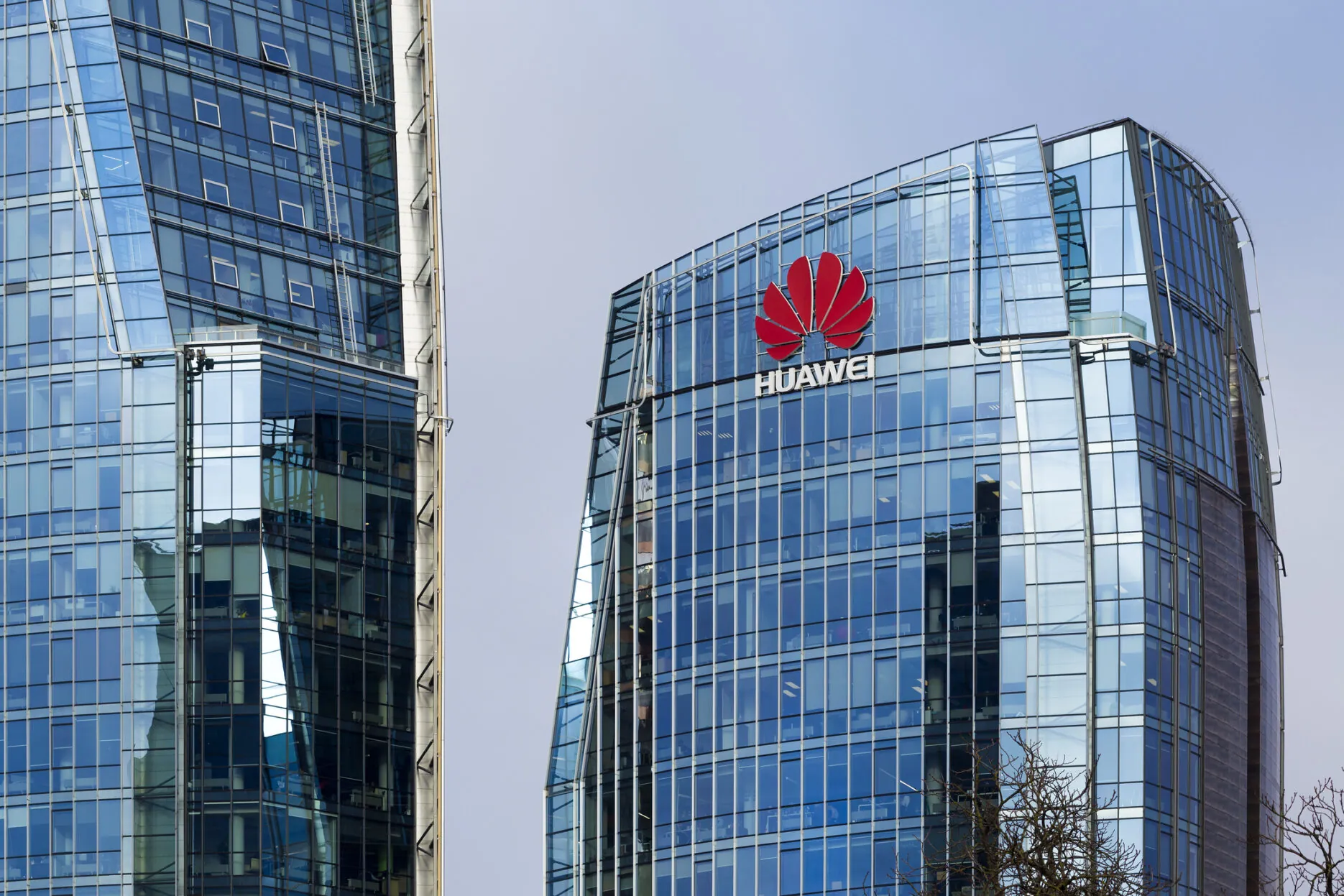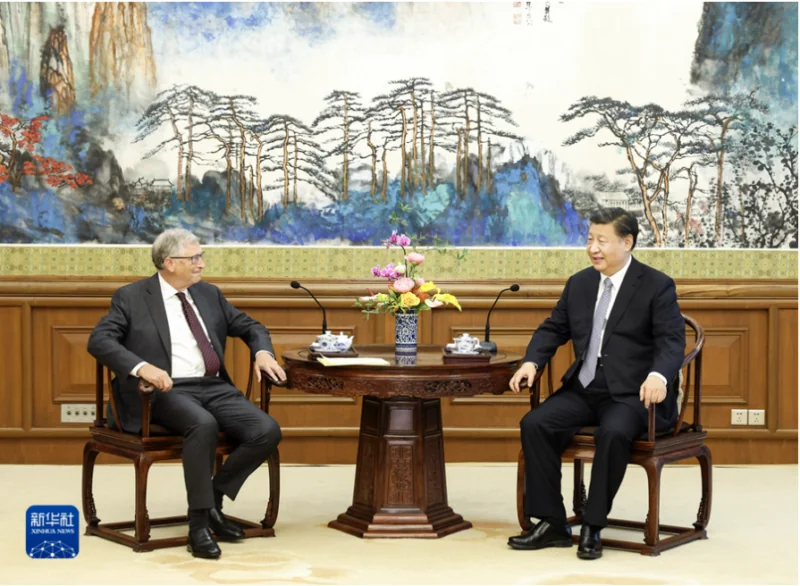In a press conference held on June 15, the EU Commissioner for Internal Market Thierry Breton labelled Huawei and ZTE as high-risk vendors, urging EU Member States to join the ten other countries that have already banned or restricted their 5G telecom networks. Both Huawei and ZTE have strongly opposed these allegations, asserting that they lack any verified evidence to support such claims.
The European Commission’s assertions regarding the security risks posed by Chinese telecom companies have drawn criticism from Wang Wenbin, the spokesperson for China’s Foreign Ministry. Wenbin argued that the European Commission’s presumption of guilt without concrete evidence is baseless and opposes the principles of fair competition and the rule of law. He further emphasised the contributions made by Huawei and ZTE to Europe’s telecom sector over the years, highlighting their substantial socioeconomic benefits and absence of harm to European countries’ security.
“The reality is that ever since Huawei and ZTE started operation in Europe many years ago, not only have they done no harm to European countries’ security, but they have contributed substantially to the growth of Europe’s telecom sector and generated considerable socioeconomic benefits. The European Commission’s identification of certain entities as “high-risk” suppliers without any legal or factual basis contravenes the spirit of the rule of law and is also a brazen violation of the principles of market economy, free trade and fair competition that the EU claims to champion,” said Wenbin.
In response to the European Commissioner’s recommendations, Huawei released a statement expressing strong opposition and disagreement. The company asserted that the European Commission’s stance lacked transparency, objectivity, and a verified technical assessment of 5G networks. Huawei recognized the EU’s concern for cybersecurity but warned that discriminatory judgments could lead to significant economic and social risks, hampering innovation and distorting the EU market.
Additionally, they argued that excluding Huawei could result in increased 5G investment costs, which European consumers would have to ultimately bear. Huawei called for fair procedures, adequate hearings, and justified assessments rather than publicly singling out vendors without a legal basis.
Addressing the concerns raised by the European Commission, German telecommunications giant Deutsche Telekom affirmed its ability to safely operate Huawei’s network management software (NMS) on its 5G mobile network. The company emphasized that no updates would be installed in live systems without extensive testing for security and that the network management systems are entirely separated from the Internet and the company’s office communication networks, with limited access granted to a few thoroughly vetted employees. Moreover, they assured that remote access for manufacturers is not possible, and additional security measures are in place, including active system monitoring.
Meanwhile, in Austria, Klaus M. Steinmaurer, Managing Director of RTR, expressed his belief that the Chinese telecommunications companies currently do not pose any threat to network security in Austria. In an interview with APA, he stated, “I don’t see any reason for this (naming them as high-risk vendors).”
All in all, the responses from German and Austrian telecom authorities, along with Huawei’s arguments, cast doubts on the European Commission’s recommendations. As the debate over the involvement of Chinese telecom companies in Europe’s 5G infrastructure continues, the need for evidence-based assessments and fair treatment of all vendors remains paramount.









